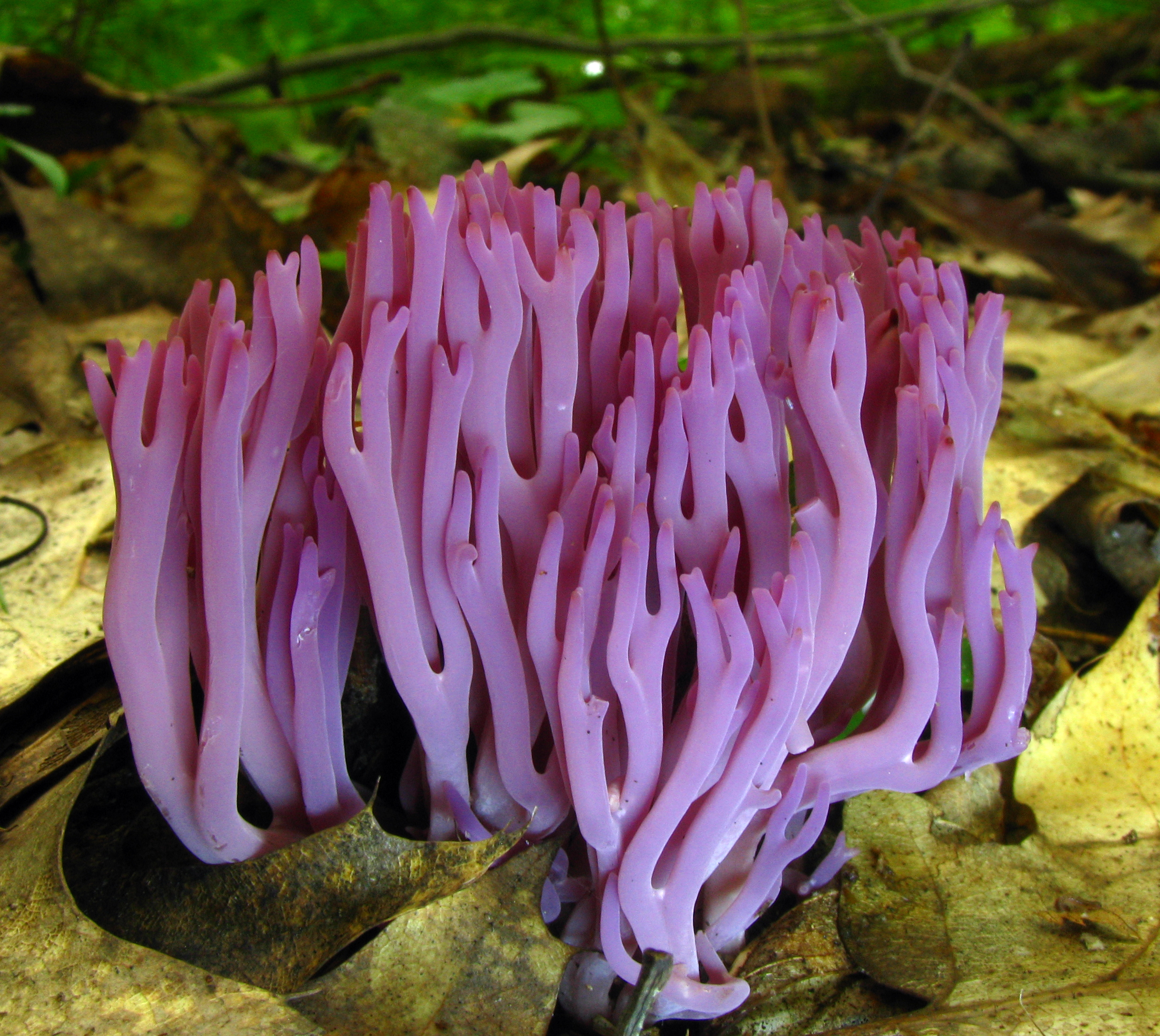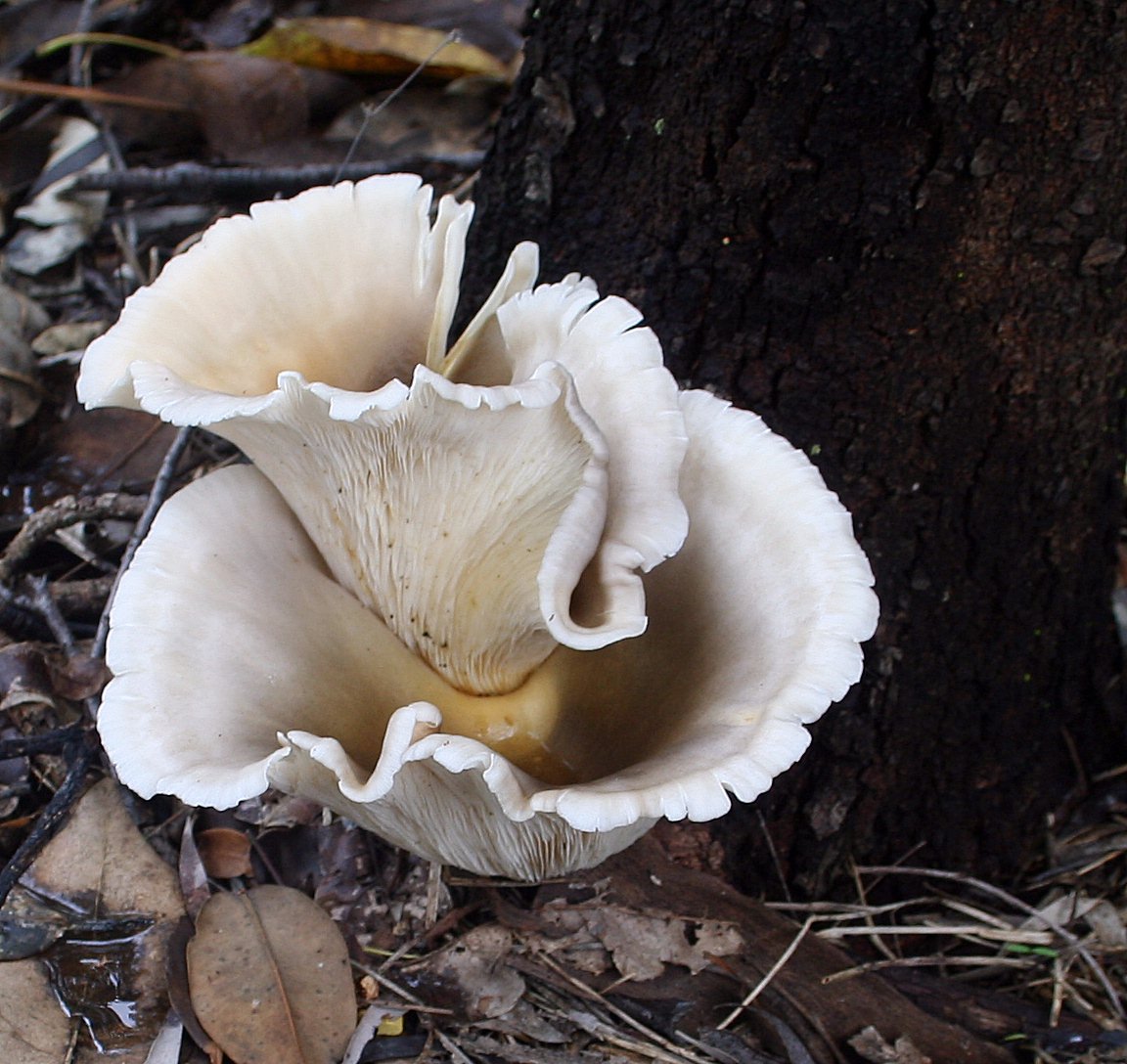|
Clavulina Humicola
''Clavulina humicola'' is a species of coral fungus in the family Clavulinaceae. It occurs in Guyana Guyana ( or ), officially the Cooperative Republic of Guyana, is a country on the northern mainland of South America. Guyana is an indigenous word which means "Land of Many Waters". The capital city is Georgetown. Guyana is bordered by the .... References External links * {{Taxonbar, from=Q5129679 Fungi described in 2005 Fungi of Guyana humicola Fungus species ... [...More Info...] [...Related Items...] OR: [Wikipedia] [Google] [Baidu] |
Coral Fungus
The clavarioid fungi are a group of fungi in the ''Basidiomycota'' typically having erect, simple or branched basidiocarps (fruit bodies) that are formed on the ground, on decaying vegetation, or on dead wood. They are colloquially called club fungi and coral fungi. Originally such fungi were referred to the genus ''Clavaria'' ("clavarioid" means ''Clavaria''-like), but it is now known that clavarioid species are not all closely related. Since they are often studied as a group, it is convenient to retain the informal (non-taxonomic) name of "clavarioid fungi" and this term is frequently used in research papers. History ''Clavaria'' was one of the original genera created by Linnaeus in his ''Species Plantarum'' of 1753. It contained all species of fungi with erect, club-shaped or branched (coral-like) fruit bodies, including many that are now referred to the Ascomycota. Subsequent authors described over 1200 species in the genus. With increasing use of the microscope in the late ni ... [...More Info...] [...Related Items...] OR: [Wikipedia] [Google] [Baidu] |
Clavulinaceae
The Clavulinaceae are a family of fungi in the order Cantharellales. The family is not well defined, but currently comprises species of clavarioid (club and coral) fungi as well as some corticioid (crust- and patch-forming) fungi. These species are nutritionally diverse, some being ectomycorrhizal, others wood-rotting saprotrophs, others lichenized, and yet others lichenicolous (growing on or parasitizing lichens). Taxonomy History The Dutch mycologist Marinus Anton Donk first published the tribe Clavulinae in 1933 to accommodate species of clavarioid fungi in the genus ''Clavulina'' that had "stichic" basidia (basidia with nuclear spindles arranged longitudinally). He considered this feature placed the species concerned closer to the chanterelles (Cantharellales) than to other clavarioid fungi. In 1961, he raised the tribe to the rank of family, as the Clavulinaceae. In 1968, Estonian mycologist Erast Parmasto added the corticioid genus '' Clavulicium'' to the family, n ... [...More Info...] [...Related Items...] OR: [Wikipedia] [Google] [Baidu] |
Guyana
Guyana ( or ), officially the Cooperative Republic of Guyana, is a country on the northern mainland of South America. Guyana is an indigenous word which means "Land of Many Waters". The capital city is Georgetown. Guyana is bordered by the Atlantic Ocean to the north, Brazil to the south and southwest, Venezuela to the west, and Suriname to the east. With , Guyana is the third-smallest sovereign state by area in mainland South America after Uruguay and Suriname, and is the second-least populous sovereign state in South America after Suriname; it is also one of the least densely populated countries on Earth. It has a wide variety of natural habitats and very high biodiversity. The region known as "the Guianas" consists of the large shield landmass north of the Amazon River and east of the Orinoco River known as the "land of many waters". Nine indigenous tribes reside in Guyana: the Wai Wai, Macushi, Patamona, Lokono, Kalina, Wapishana, Pemon, Akawaio and Warao. Histo ... [...More Info...] [...Related Items...] OR: [Wikipedia] [Google] [Baidu] |
Fungi Described In 2005
A fungus ( : fungi or funguses) is any member of the group of eukaryotic organisms that includes microorganisms such as yeasts and molds, as well as the more familiar mushrooms. These organisms are classified as a kingdom, separately from the other eukaryotic kingdoms, which by one traditional classification include Plantae, Animalia, Protozoa, and Chromista. A characteristic that places fungi in a different kingdom from plants, bacteria, and some protists is chitin in their cell walls. Fungi, like animals, are heterotrophs; they acquire their food by absorbing dissolved molecules, typically by secreting digestive enzymes into their environment. Fungi do not photosynthesize. Growth is their means of mobility, except for spores (a few of which are flagellated), which may travel through the air or water. Fungi are the principal decomposers in ecological systems. These and other differences place fungi in a single group of related organisms, named the ''Eumycota'' (''true fun ... [...More Info...] [...Related Items...] OR: [Wikipedia] [Google] [Baidu] |
Fungi Of Guyana
A fungus ( : fungi or funguses) is any member of the group of eukaryotic organisms that includes microorganisms such as yeasts and molds, as well as the more familiar mushrooms. These organisms are classified as a kingdom, separately from the other eukaryotic kingdoms, which by one traditional classification include Plantae, Animalia, Protozoa, and Chromista. A characteristic that places fungi in a different kingdom from plants, bacteria, and some protists is chitin in their cell walls. Fungi, like animals, are heterotrophs; they acquire their food by absorbing dissolved molecules, typically by secreting digestive enzymes into their environment. Fungi do not photosynthesize. Growth is their means of mobility, except for spores (a few of which are flagellated), which may travel through the air or water. Fungi are the principal decomposers in ecological systems. These and other differences place fungi in a single group of related organisms, named the ''Eumycota'' (''true fu ... [...More Info...] [...Related Items...] OR: [Wikipedia] [Google] [Baidu] |



